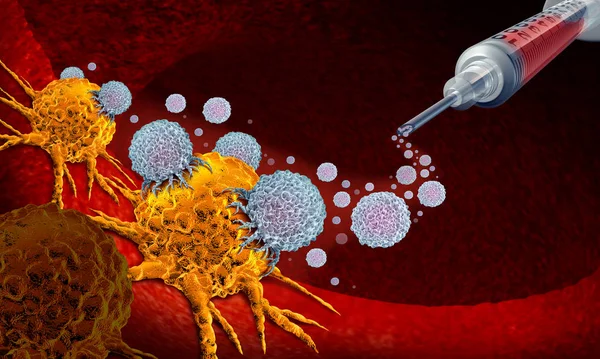Many cancer patients missing out on immunotherapy – Study A new study published in Cancer Cell has unveiled a hidden pool of cancer patients who could potentially benefit from a powerful immunotherapy treatment. The key lies in next-generation sequencing, a sophisticated technology that reveals a genetic characteristic called mismatch repair deficiency (MMRd) with much greater precision than current methods.
MMRd is a genetic quirk where DNA repair mechanisms malfunction, leading to a surge in mutations within cancer cells. These mutations act like flags, alerting the immune system to the presence of a threat. This makes MMRd tumors exceptionally vulnerable to immunotherapy, which harnesses the body’s own defenses to fight cancer.
The study, conducted by researchers at Brigham and Women’s Hospital and Dana-Farber Cancer Institute, focused on patients with colorectal and endometrial cancers, two types where MMRd is relatively common. They compared the results of immunohistochemistry, the current standard test for MMRd, with next-generation sequencing. The difference was striking:
- Nearly 6% of endometrial cancer patients with MMRd were missed by immunohistochemistry but identified by sequencing.
- For colorectal cancer, the figure was 1%.
These “missed” patients, however, responded remarkably well to immunotherapy, experiencing similar survival rates as those identified by both tests. This suggests that next-generation sequencing can significantly expand the pool of patients eligible for this potentially life-saving treatment.
The potential impact is staggering. Researchers estimate that incorporating next-generation sequencing into routine testing could identify an additional 6,000 patients in the U.S. who would otherwise miss out on immunotherapy. This translates to:
- More patients receiving a treatment with potentially curative potential.
- Reduced use of less effective and potentially harsher therapies.
- A significant step towards personalized medicine, tailoring treatments to individual patients’ genetic profiles.
While further research is needed to confirm these findings and explore their applicability to other cancers, the study marks a turning point in the fight against cancer. Next-generation sequencing, with its unmatched accuracy in identifying MMRd, holds the promise of unlocking a new era of personalized immunotherapy, offering hope to thousands who were previously left behind.
As Dr. Elias Bou Farhat, the lead author, aptly stated, “We don’t want to miss these patients or we could be depriving them of a treatment that can have long-term benefits.” This study paves the way for a future where advanced technology empowers us to unlock the secrets of cancer, offering each patient the best possible chance at a cure.
Key findings
- Missed opportunities: Nearly 6% of endometrial cancer patients and 1% of colorectal cancer patients with MMRd were not detected by the standard test (immunohistochemistry) but were identified by next-generation sequencing.
- Impact on patient outcomes: These patients who were initially missed responded well to immunotherapy and had similar survival rates as those identified by both tests.
- Potential benefits: Researchers estimate that using next-generation sequencing could identify an additional 6,000 patients in the U.S. who could benefit from immunotherapy.
- Future research: Further studies are needed to confirm these findings and investigate their applicability to other cancer types and sequencing panels.
Why this matters
- MMRd: A genetic condition where DNA repair mechanisms are faulty, leading to high mutation rates and making tumors more susceptible to immunotherapy.
- Immunotherapy: A targeted treatment that helps the immune system recognize and attack cancer cells.
- Improved cancer care: This research suggests that incorporating next-generation sequencing into routine testing could significantly improve cancer care by: Identifying MMRd in more patients, offering them access to potentially life-saving immunotherapy. Avoiding unnecessary and potentially harmful treatments for patients who wouldn’t benefit from them.
ALSO READ: Pancreatic cancer treatments & new drug screening: A beam of hope for patients









